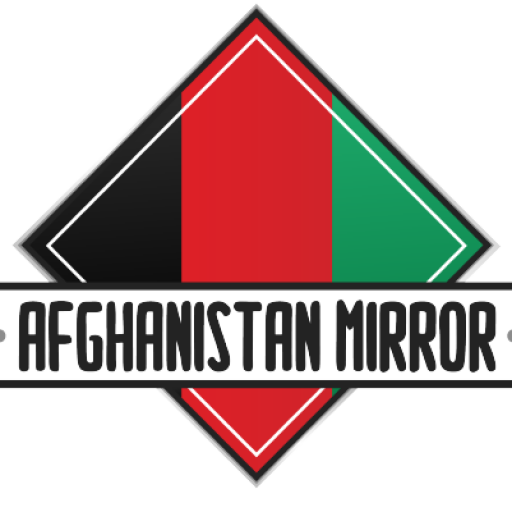KABUL (Pajhwok): Political analysts view the plan for convening a grand assembly to discuss key national issues as a good move. They believe the forum will be effective if it represents all Afghans.
The caretaker government on Wednesday said it plans to convene a grand assembly involving influential figures to discuss important issues facing the country.
Inamullah Samangani, deputy spokesman for the government said the Political Commission was working to convene the assembly that would be attended by people from different parts of the country.
What political analysts say
Former Nangarhar governor Ziaul Haq Amarkhel thinks the Afghan crisis can be resolved through dialogue and mutual understanding and tolerance.
“I wish the Taliban and Hezb-i-Islami Afghanistan had been invited to the Bonn Conference on Afghanistan in 2001. It would have prevented the collapse of republic after 20 years. Not inviting them to the event was a serious mistake or an intentional act of the international community. Afghan politicians also ignored it and left the problem stay unresolved,” he claimed.
Amarkhel warned keeping former government officials, political parties and tribal elders out of the upcoming assembly would not help address the crisis.
He said it would be good for the caretaker government to reach an understanding with politicians and use the way of unity, not to further divide people.
Any discussion that is in the form of consultation and includes unity and solidarity is in the interest of the Afghan people and we support it, he said.
Amarkhel says it is time for the Afghan caretaker government to start a discussion on forming an inclusive government and also consult with women.
Another political analyst, Najibullah Azad, thinks Afghanistan needs national consensus more than anything else in the current situation. This consensus could be evolved only by a grand assembly that includes all.
“The caretaker government represents a certain ideology, even if it includes people of different ethnicities. Its political ideology is one that doesn’t represent all Afghans, because there are people of different ethnicities in Afghanistan with different thoughts,” he argued.
The concern is that advice from participants of this forum would not be accepted. It is unclear who the influential figures were under the caretaker government, he said.
“From the Taliban’s point of view, influential figures are those who support them, including clerics, all sharing the same ideology. If this is the case, then this assembly will not solve our current problems,” Azad commented.
He opined if the incumbent government really wanted to steer Afghanistan out of the current crisis, it must evolve a comprehensive national consensus.
However, former diplomat Ahmad Saeedi wants the caretaker government to answer some questions before the meeting convenes, such as whether it will be a Loya Jirga. Will it be based on the constitution? What will be its agenda? Who will attend it? Will its decisions implementable?
He believes if all Afghans feel represented by the proposed assembly that leads to unity, its results will be fruitful and everyone will support its decisions.
He said if the sole purpose of the meeting was to give legitimacy to the caretaker government, then it would be a fruitless meeting.
The caretaker government has not yet firmed up the date for the assembly, but Minister of Mines and Petroleum Maulvi Shahabuddin Delawar, who also heads the Commission to Contact and Communicate with Afghans Abroad, said, ““All Afghans, particularly influential figures who are helpful in strengthening the government, would participate in the assembly.”
Several Afghans have proposed convening a Loya Jirga (grand council) after the regime change in the country in August last year.
mds/mud
Hits: 19
